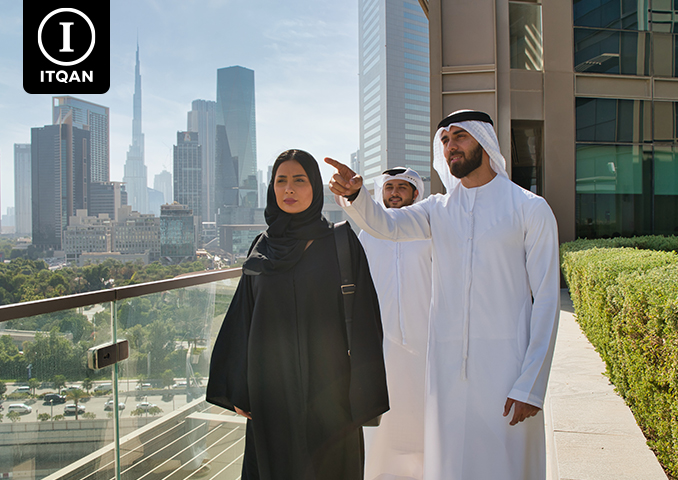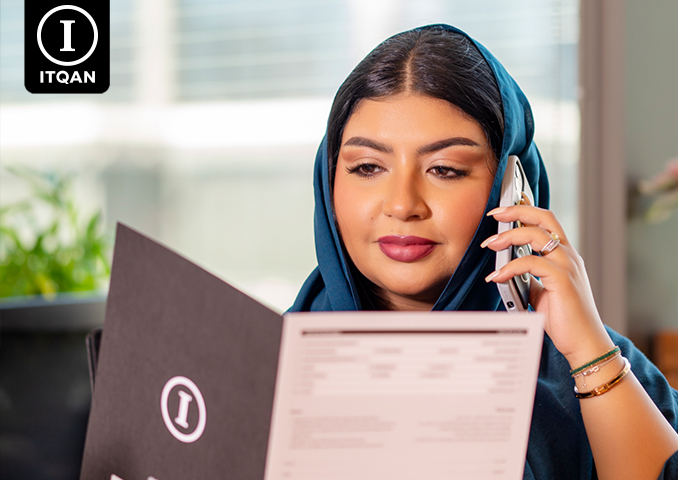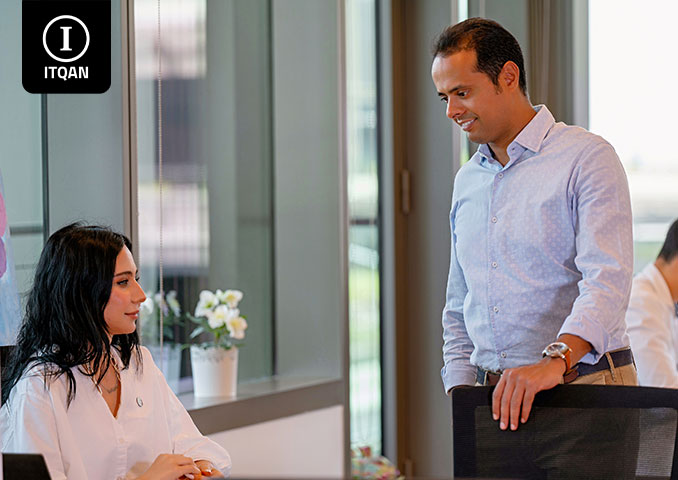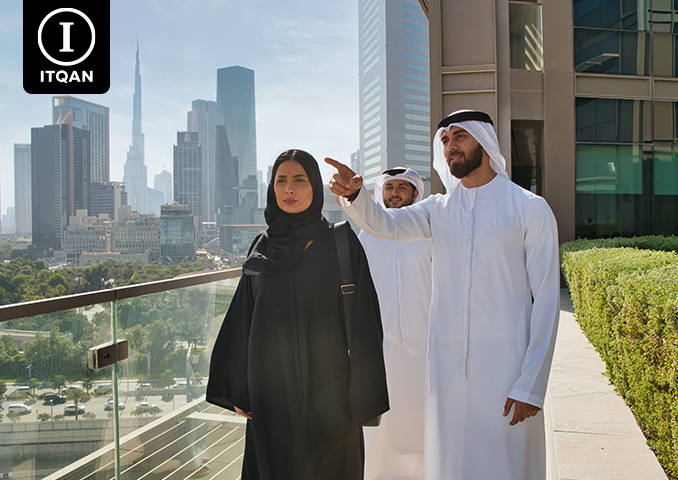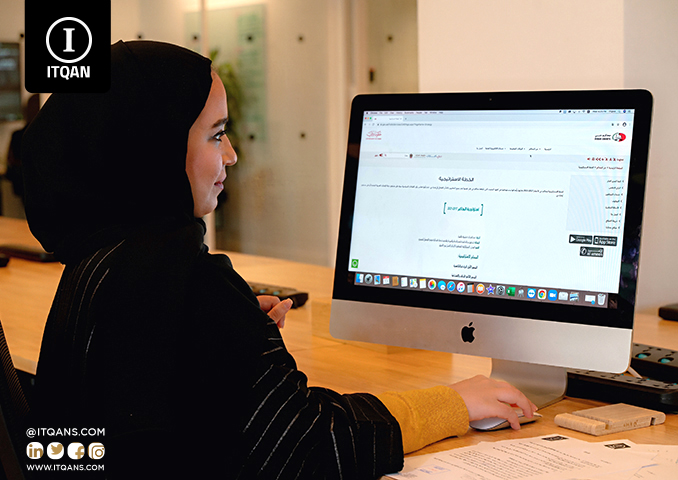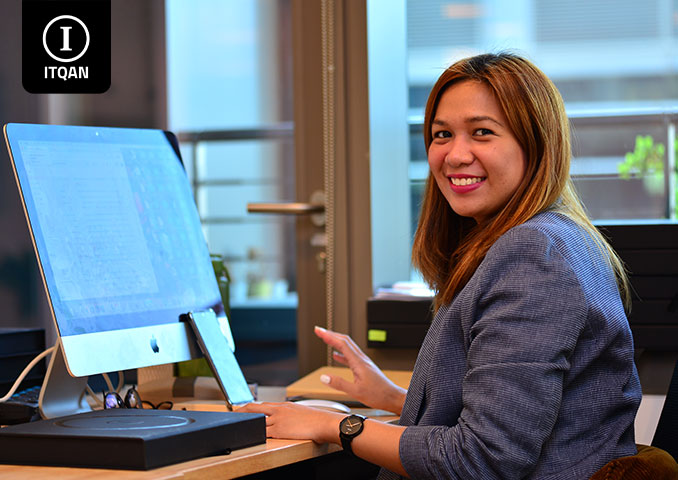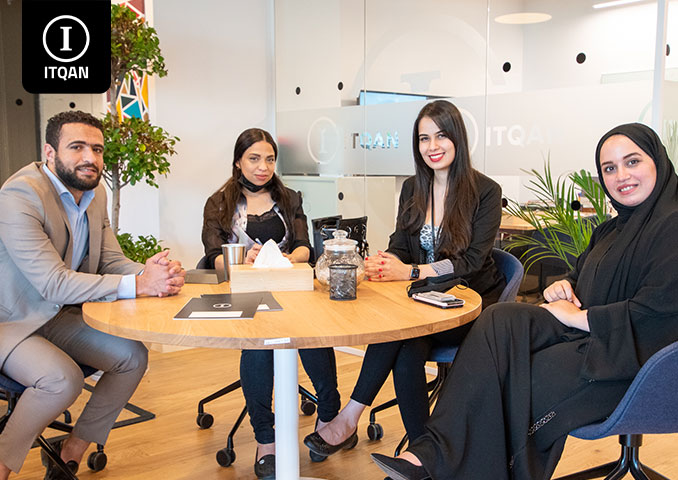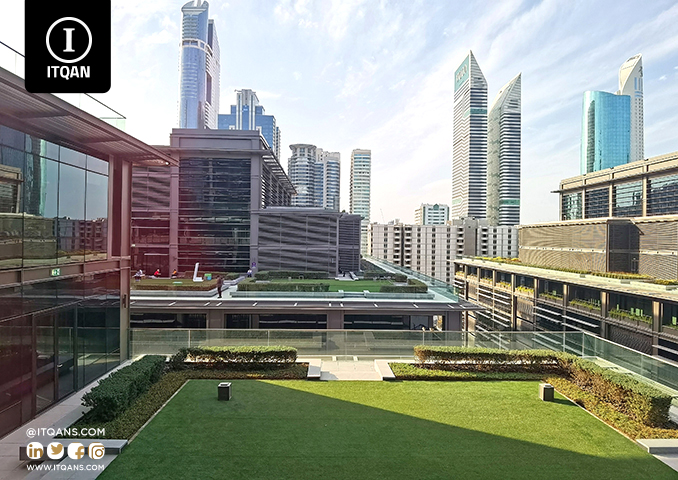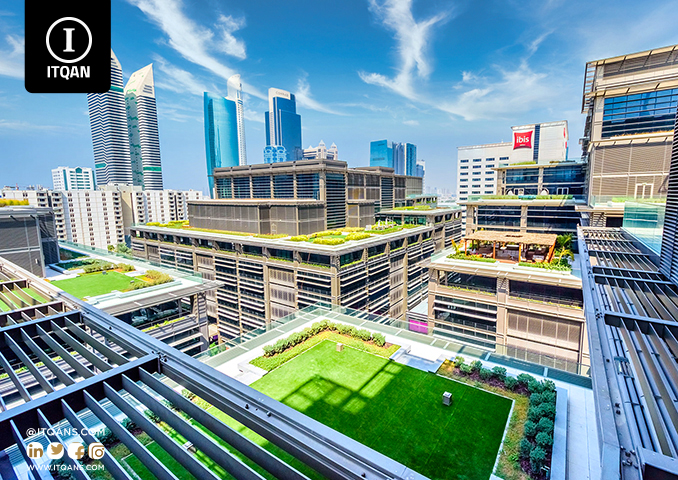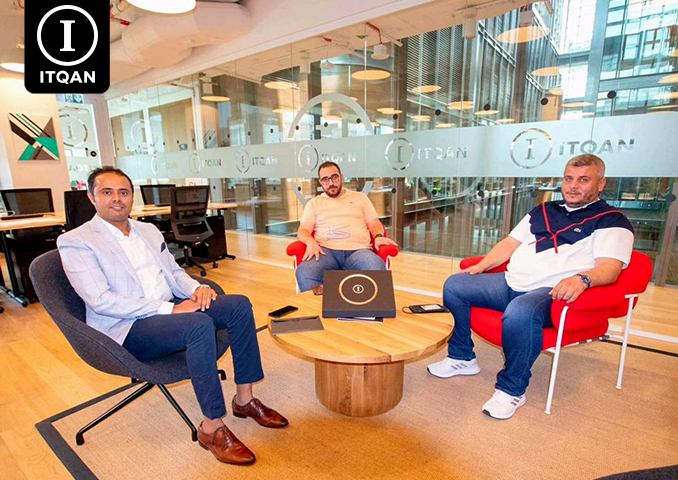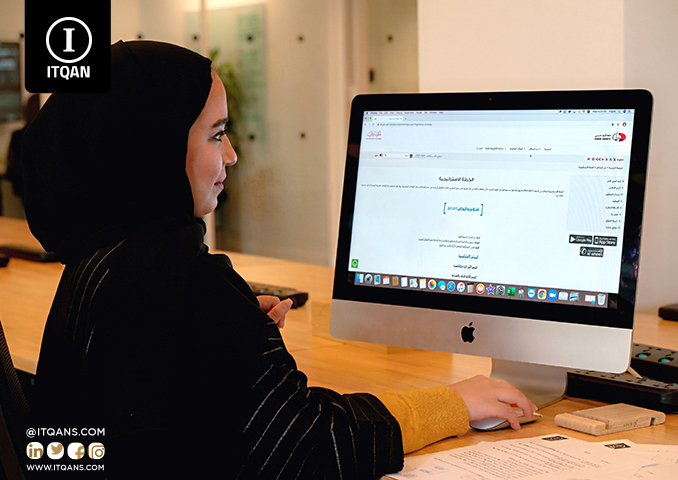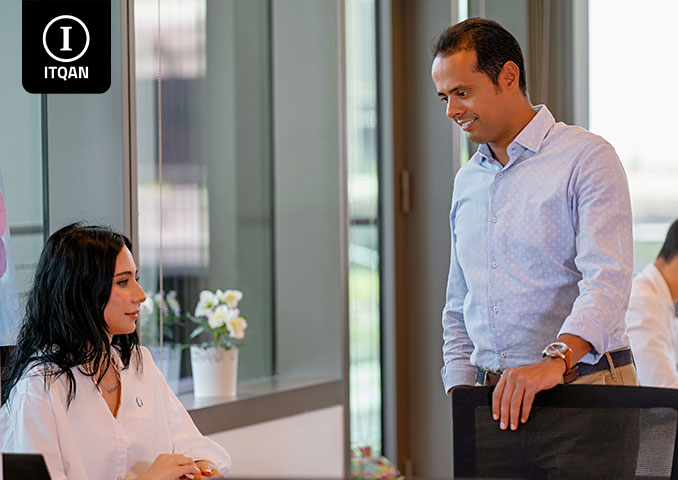Investing in Dubai is an important and attractive opportunity for investors. Dubai has exceptional advantages that make it a desirable investment destination, such as a thriving economy, advanced investment environment, advanced infrastructure, and political and security stability. An investment in Dubai offers opportunities for high returns on investment, whether in real estate, hospitality, trade, technology, or innovation. It also allows access to broad markets in the Middle East, North Africa and South Asia. Thanks to cultural and demographic diversity, there are opportunities for expansion and growth in business and the exchange of knowledge and experiences. In general, investing in Dubai is a strategic step to achieve success and achieve return on investment in a dynamic and thriving market.

Establishing a company in Dubai
Some of the benefits of free trade zones in Dubai include ready-made offices, factories and warehouses, ease of start-up and completion of licensing procedures.
Dubai Metro represents one of the most advanced railway networks in the world, thanks to its automatic trains that do not require manual driving from the driver. It connects some of Dubai’s shopping centers, as well as the most important tourist sites and the airport.
Jebel Ali Port is the world’s largest man-made port, and saw a 40% increase in cargo traffic between 2008 and 2009. Dubai Ports serves more than 242 shipping lines. The volume of growth in the UAE ports alone matches the total percentage of the Middle East, Europe and Africa together, which is estimated at 19%.
There are many free zones located in Dubai that provide appropriate infrastructure for specific industry sectors and tax incentives for these industries as follows:
- Financial Services and Commodities – Dubai International Financial Center and Dubai Multi Commodities Centre.
- Healthcare – Dubai Healthcare City.
- Media and Technology – Dubai Internet City, Dubai Media City and Dubai Biotechnology and Research Park.
- Education and universities – University City and Knowledge Village.
- Textile industry, transportation and logistics – Jebel Ali Free Zone in Dubai Logistics City.
- Dubai Outsourcing Zone.
- Dubai Airport Free Zone.
Trade and investment
Dubai is considered a regional center for trade and investment in commodities such as gold, precious metals, diamonds, colored stones, energy (fuel and natural gas trade), tea, as well as pearls, fashion and jewellery, which alone represented 26.5% of the UAE’s non-oil foreign trade in 2008.
Taxes
Dubai does not impose any personal income taxes, capital gains tax or withholding taxes. However, all companies are required by law to pay taxes on their profits, at a rate not exceeding 55 percent. But in practice, corporate taxes are only required to be paid by oil-producing companies.
Branches of foreign banks in free zones enjoy many attractive financial incentives, such as exemption from corporate taxes for a period of 15 years or more, 100% foreign ownership, absence of taxes on personal income, the possibility of transferring 100% of capital and profits, and not imposing a minimum capital investment. Or the need for a local partner.
tourism
Nearly 50 million tourists visited Dubai in 2014 with the hospitality and tourism sector accounting for approximately 18% of Dubai’s GDP.
Dubai is witnessing a number of events and has many landmarks that will promote the local tourism sector. It hosts a variety of arts and cultural festivals, such as the Dubai International Film Festival and the Dubai Jazz Festival, as well as a series of sporting events such as the Dubai Desert Classic golf competition, the Formula 1 Etihad Airways Grand Prix, the Emirates Rugby Sevens, and the Dubai World Cup horse racing matches. International cricket.
Other tourist activities in Dubai include the Dubai Shopping Festival, desert safaris, Burj Khalifa (formerly known as Burj Dubai), Ski Dubai, many tourist resorts, in addition to the Global Village and various shopping centers, including the largest shopping center. In the world “Dubai Mall”.
Standard of living
The United Arab Emirates ranked first (1) as the country with the best standard of living in the Middle East and North Africa region, and ranked 15th in the world out of 160 countries.
In addition to the strong telecommunications infrastructure, roads and airports, the United Arab Emirates deserved the two previously mentioned ranks thanks to its numerous entertainment and consumer facilities, public infrastructure, and security and safety standards, in an open and tolerant local society that is almost free of crime.
The United Arab Emirates has also gained international fame thanks to its entertainment capabilities that meet the highest international standards, in addition to its luxurious entertainment facilities and excellent shopping opportunities in huge malls.
Talents
Many world-renowned universities have campuses in Dubai, such as American University, Michigan State University, Rochester Institute of Technology, University of Wollongong, London School of Economics, London Business School and Hult International Business School.
Our company establishing companies in Dubai has a professional team ready to help you establish your business in Dubai. Thanks to its integrated services, you can establish your company using models specifically designed to suit your needs.
What are the conditions for investment in the Emirates?
There are a number of conditions and laws that must be adhered to when investing in Dubai. Here are some basic conditions:
- Local Partnership: In some sectors, investing in Dubai may require a local partner who owns a specific percentage of the company. This generally applies to national, commercial and industrial companies.
- Financial requirements: There may be a minimum capital required to establish a company in some sectors. You must check the specific financial requirements for the type of company you wish to establish.
- Licenses and Permits: You must obtain the necessary licenses and permits to start working in the Emirates. These licenses can include a company licence, business licence, facility licence, economic activity licence, and others.
- Laws and legislation: You must adhere to local laws and legislation in the Emirates. You should be familiar with laws related to business, labor, taxes, intellectual property rights, etc.
- Contracts and Agreements: Valid legal contracts and agreements must be in place to protect your rights and interests. It is recommended to cooperate with local legal counsel to ensure that contracts and agreements meet legal requirements.
- Obtaining a residence visa: If you intend to invest in the UAE and live there, you will have to obtain an appropriate residence visa. You can have a work visa, investment visa or investor visa.
- Tax Compliance: Must adhere to UAE tax legislation. Make sure you understand the local tax system and your tax obligations as an investor.
- Insurance: It is recommended to obtain appropriate insurance to protect your investments and assets in the UAE.
These are some of the basic conditions for investing in the UAE, but it should be noted that the conditions may vary depending on the type of investment and the sector in which you wish to invest. It is important that you cooperate with a local legal advisor or investment consultant to ensure compliance with all conditions and local laws applicable in the UAE.
How to invest in the Emirates
To invest in the UAE, you can follow the following steps:
- Market research and analysis:
- Study the UAE market and analyze the available investment opportunities. Find sectors that interest you and have the potential for growth and profitability in the UAE.
- Assess market competition, identify strengths and weaknesses, and understand the behavior of consumers and potential customers.
- Consult a financial or legal advisor:
- Work with a local financial or legal advisor to get professional advice about investing in the UAE. They will help you understand local laws and regulations and necessary registration and licensing procedures.
- Establishment of the company:
- Decide what type of company you want to establish, such as a local company, subsidiary, or craft company. You can also choose a free zone or special economic zone to benefit from tax facilities and appropriate regulations.
- Register the company and complete the required legal procedures, such as submitting the necessary documents, obtaining licenses, and determining company ownership.
- Financing:
- Identify funding sources for investment, whether internal or external. You can search for bank loans, suitable investors, partners or investment funds.
- Infrastructure and location:
- Choose the appropriate location for the company. Rely on the available infrastructure and proximity to important markets and vital facilities.
- Make sure to secure suitable properties for the work you do, whether they are offices, factories or stores.
- Local partnerships:
- If investing in sectors that require a local partner, look for reliable and experienced local partners in the industry in which you operate.
- Compliance with laws and regulations:
- Ensure compliance with all local laws and regulations in the UAE, including tax, labor, health insurance, visa, etc. regulations.
- Marketing and customer building:
- Clarify your marketing strategy and implement effective marketing campaigns to attract potential customers and build strong business relationships.
- Monitor and evaluate performance:
- Regularly monitor and evaluate the performance of your investment. Keep accurate financial records and analyze the results to make future investment decisions.
- Networks and relationships:
- Build a strong network in the UAE, whether it is through participating in industry events and conferences or networking with government institutions and the business community.
The importance of risk analysis when investing in the UAE
Risk analysis is a crucial process when investing in the UAE or any other investment market. The importance of risk analysis is represented in the following points:
- Evaluating opportunities and challenges: Risk analysis helps in evaluating the opportunities available for investment in the UAE and identifying potential challenges that could affect the investment process. Challenges can include economic, political, legal, and regulatory.
- Guide investment decisions: Risk analysis can provide important information for making the right investment decisions. By assessing potential risks and evaluating their impact on the investment, informed decisions can be made to reduce risk or balance risk with expected return.
- Capital protection: Risk analysis helps protect invested capital from unexpected risks. By identifying and evaluating risks, an investor can take action to control risks and reduce exposure to financial losses.
- Investment Planning: Risk analysis can help in better investment planning. Risk assessment is one of the elements of strategic investment planning, where the investor can define his goals and determine the procedures and strategies necessary to achieve them with the lowest possible risks.
- Enhancing confidence and stability: By analyzing risks and taking appropriate actions, the investor can enhance confidence in his investment operations and achieve stability in his financial performance. Reducing risk enhances the sustainability and long-term success of the investment.
In general, risk analysis represents an important tool for investors to understand the business and economic environment in the UAE and achieve the success of their investments. It is always advisable to work with a financial advisor or professional to provide guidance and support in analyzing risks and making appropriate investment decisions.


